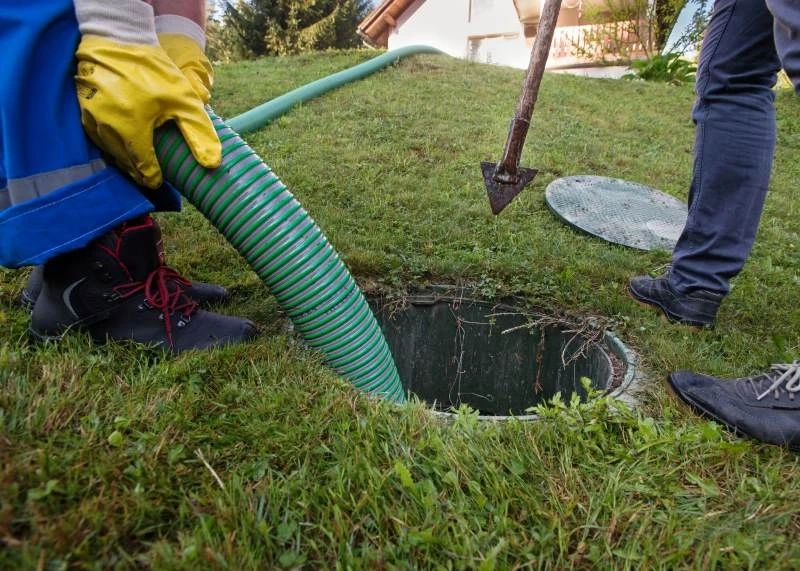Miami's vibrant lifestyle shouldn't be overshadowed by septic system woes. A critical component for many homes, a septic tank needs regular maintenance, including pumping, to function properly. But how often should you schedule this service? Here's a comprehensive guide to septic tank pumping frequency in Miami, considering factors like household size, daily habits, and tank capacity.
Understanding Septic Tank Pumping Needs in Miami
Unlike connecting to a municipal sewer system, septic systems rely on natural processes to treat wastewater from your home. A septic tank acts as a settling chamber, separating solids and liquids. Solids sink to the bottom as sludge, while liquids (effluent) flow into a drainfield for further treatment by soil microbes. Regular pumping removes the accumulated sludge, preventing it from overflowing and clogging the drainfield, which can lead to costly repairs and environmental hazards.
Pumping Frequency: A Balancing Act
The ideal pumping schedule for your Miami home depends on a few key factors:
Household Size: The number of people living in your home directly impacts the amount of wastewater generated.Smaller Households (1-3 People): With less waste, pumping every 3-5 years is generally sufficient.Larger Households (4+ People): Increased wastewater production might necessitate more frequent pumping, every 1-3 years.Daily Usage: Your water consumption and habits also play a role.High Usage: Frequent laundry loads, garbage disposal use, and multiple showers can lead to quicker sludge buildup, potentially requiring pumping every 1-2 years.Low Usage: Water-conscious practices like fixing leaky faucets, taking shorter showers, and using compost bins for food scraps can extend the time between pumpings (every 3-5 years).Tank Capacity: The size of your septic tank determines how much sludge it can hold before needing pumping.Smaller Tanks (<1000 Gallons): With limited capacity, these tanks might need pumping more often, potentially every 1-2 years.Larger Tanks (1500+ Gallons): These tanks can hold more sludge, allowing for less frequent pumping (every 3-5 years) under normal circumstances.Beyond the Schedule: Signs Your Miami Septic Tank Needs Attention
Even with a regular pumping routine, unforeseen circumstances can arise. Here are some warning signs that your Miami home's septic tank might need immediate attention:
Slow Drains: Drains that take a noticeably longer time to clear in your sinks, showers, or bathtubs can indicate a clog or a full septic tank.Sewage Backups: This is a clear sign that your septic system is overwhelmed and can't handle the wastewater volume. Raw sewage backing up into your drains or toilets requires immediate professional attention.Standing Water: Pooling water around your septic tank drain field can signal a clog or a full tank that's preventing proper effluent dispersal.Foul Odors: Strong sewage smells around your drain field or property are a telltale sign of a problem with your septic system.Finding a Reputable Septic Tank Pumping Service in Miami
When it's time for pumping, don't settle for just any service. Here's how to find a reliable septic tank pumping company in Miami:
Search Online: Look for companies with good online reviews and a strong presence in the Miami area. Search terms like septic tank pumping miami will yield results.Experience Matters: Ask about the company's experience level and their specific expertise in handling septic systems in the Miami area, considering factors like high water tables or unique soil conditions.Services Offered: Inquire about the services included in their pumping package. Does it involve inspection, cleaning the tank baffles, or recommending any additional maintenance?Pricing Transparency: Get a clear quote upfront before scheduling an appointment. Be sure to ask about any potential additional charges for factors like tank size or unexpected complications.By understanding the factors influencing pumping frequency, recognizing the warning signs, and partnering with a reputable septic service company, you can ensure your Miami home's septic system functions smoothly and efficiently for years to come. Remember, proactive maintenance is key to avoiding costly repairs and environmental issues down the line.



